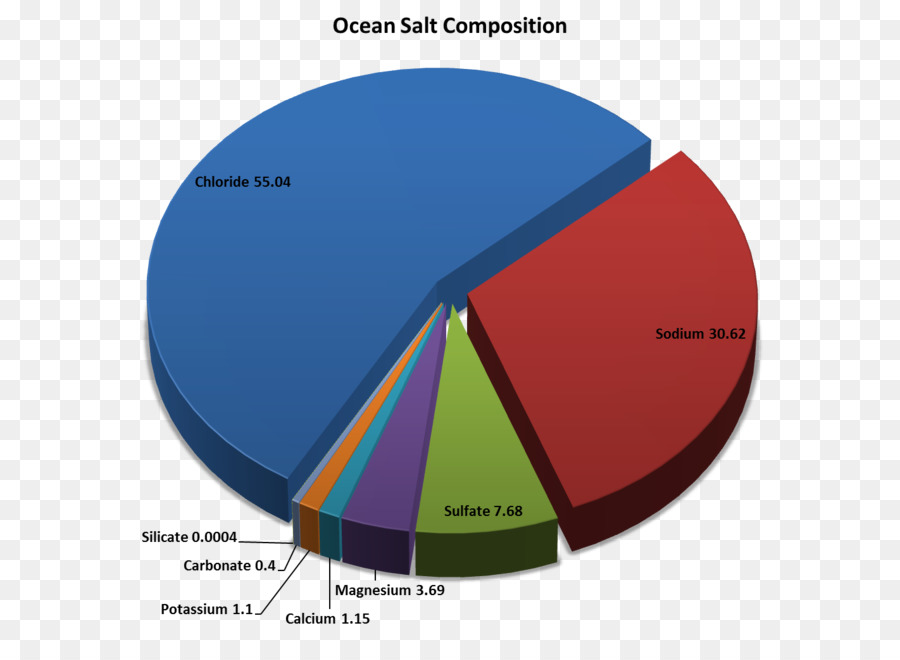this post was submitted on 06 Dec 2024
111 points (99.1% liked)
askchapo
23020 readers
220 users here now
Ask Hexbear is the place to ask and answer ~~thought-provoking~~ questions.
Rules:
-
Posts must ask a question.
-
If the question asked is serious, answer seriously.
-
Questions where you want to learn more about socialism are allowed, but questions in bad faith are not.
-
Try !feedback@hexbear.net if you're having questions about regarding moderation, site policy, the site itself, development, volunteering or the mod team.
founded 4 years ago
MODERATORS
you are viewing a single comment's thread
view the rest of the comments
view the rest of the comments

There are actually competing theories about how long it took for the oceans to “get salty” after their initial formation and it is still heavily up for debate over quite a long window of time. They formed roughly 3.8 billion years ago and estimates range from nearly immediately geologically speaking (20-50 million years) to several hundred million years. Beyond that I don’t have a firm answer to give you, unfortunately.
There is a sort of equilibrium in place, though percentages have definitely fluctuated fairly significantly over time. “Significant” is of course relative, and they have fluctuated between 3.5-5%, generally declining over time. We do see the sharpest decline right after the Precambrian, which has driven theories that this may be part of what contributed to the Cambrian explosion.
Here is a pie chart showing what constitutes ocean salinity
You were mentioning elsewhere ITT how coal is an unusual or rare rock. I don't suppose halite is somewhat the same way? AFAIK it mostly forms from evaporating salt water, and would require a water cycle with a certain range of water coverage around a planet, and possibly tectonic activity.
And I would think that living cells might have a relation to it too, based on their need for a certain tonicity! Every geological cycle that living things play a part in is just so fascinating.